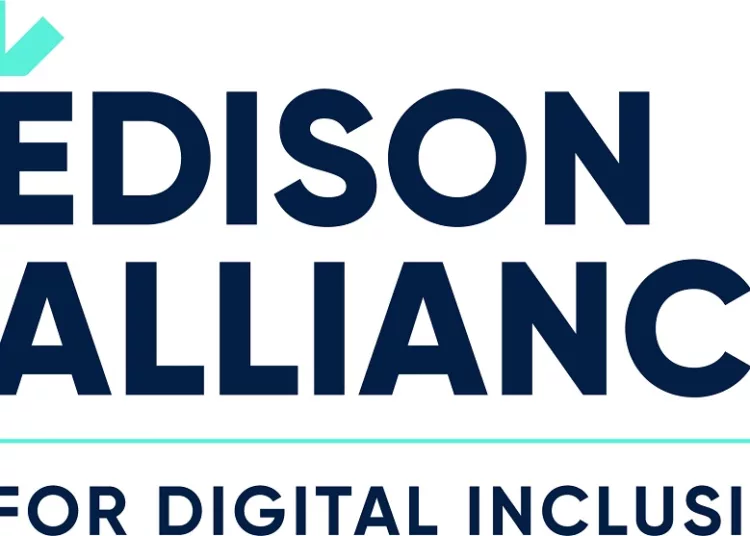The EDISON Alliance, a global coalition fostering collaboration among the private sector, governments, academia, and civil society, announced the inclusion of Ethiopia, Ghana, Guinea, and Nigeria into its Lighthouse Network.
The four African countries join the initiative aimed at advancing digital inclusion, particularly in healthcare, education, and financial services.
The Lighthouse Network, a constellation of nations leading the way in national-level implementation, welcomes four new members: Ethiopia, Ghana, Guinea, and Nigeria. They join the ranks of Bahrain, Bangladesh, Honduras, Rwanda, Togo, and the UAE, showcasing diverse approaches to accelerating digital inclusion. Rwanda, for instance, partnered with Mastercard to tailor digital financial services to its specific needs, while Bangladesh effectively leveraged the Alliance’s expertise to enhance its digital education services.
“Democratizing access to digital technology is not just about tools,” affirms Sebastian Buckup, Member of the Executive Committee at the World Economic Forum. “It’s about opening doors to better education, economic opportunities, and a more inclusive global economy.”
Paula Ingabire, Rwanda’s Minister of ICT and Innovation, echoes this sentiment, stating, “The EDISON Alliance has been instrumental in attracting partners, promoting financial inclusion, and equipping our citizens with the digital skills they need to thrive.”
Hans Vestberg, Founder and Chairman of the EDISON Alliance, concludes, “Everyone deserves a seat at the digital table. We’re dedicated to ensuring all people have access to the tools and services necessary to fully participate in the 21st century.”
Meanwhile, the EDISON Alliance celebrates a remarkable milestone: empowering 784 million lives across 127 countries through 320 impactful initiatives. This 73% increase since 2023 signifies the Alliance’s unwavering commitment to bridging the digital divide and creating a more equitable world.
At the heart of this progress lies the ambitious “1 Billion Lives Challenge,” which aims to improve the lives of one billion people by 2025 through digital solutions in healthcare, education, and financial services.
The impact is clear: 94 million individuals gained access to quality education, quadrupling the reach compared to last year and addressing the pressing challenge of 16% of children and youth remaining out of school globally. Additionally, 463 million people were brought into the fold of digital financial services, a 65% jump empowering them to participate in the economic landscape.





